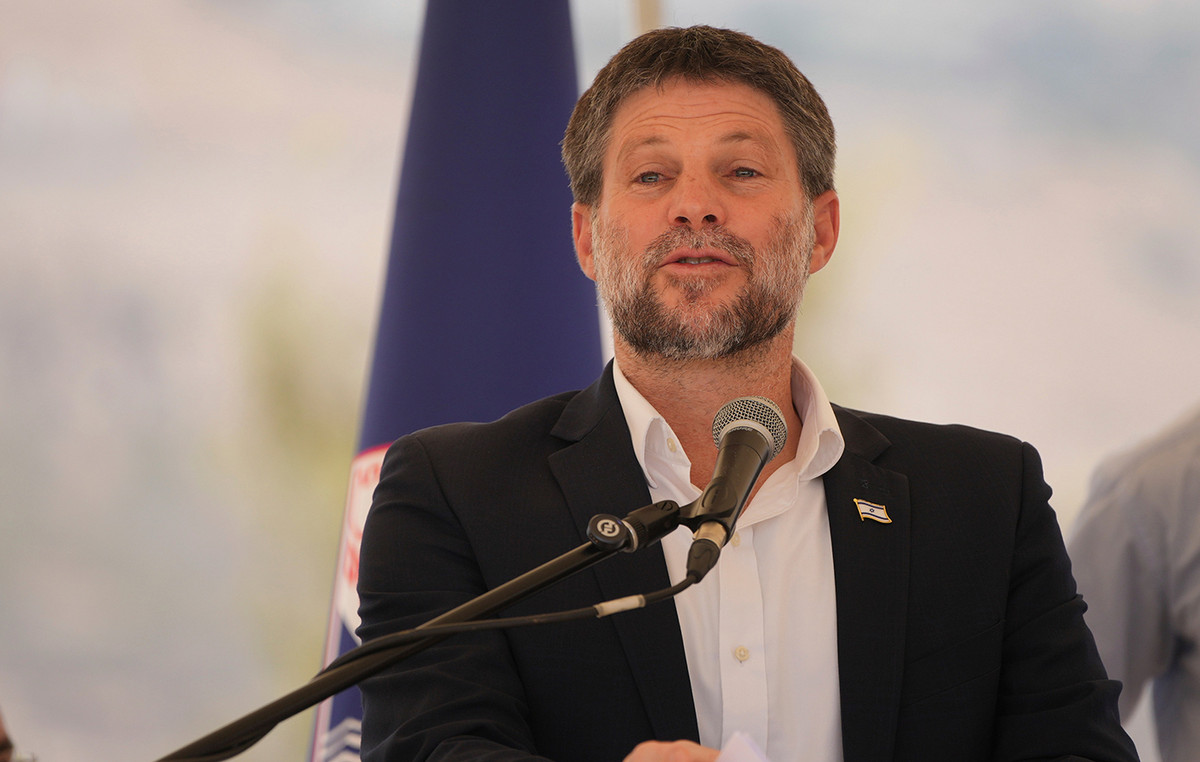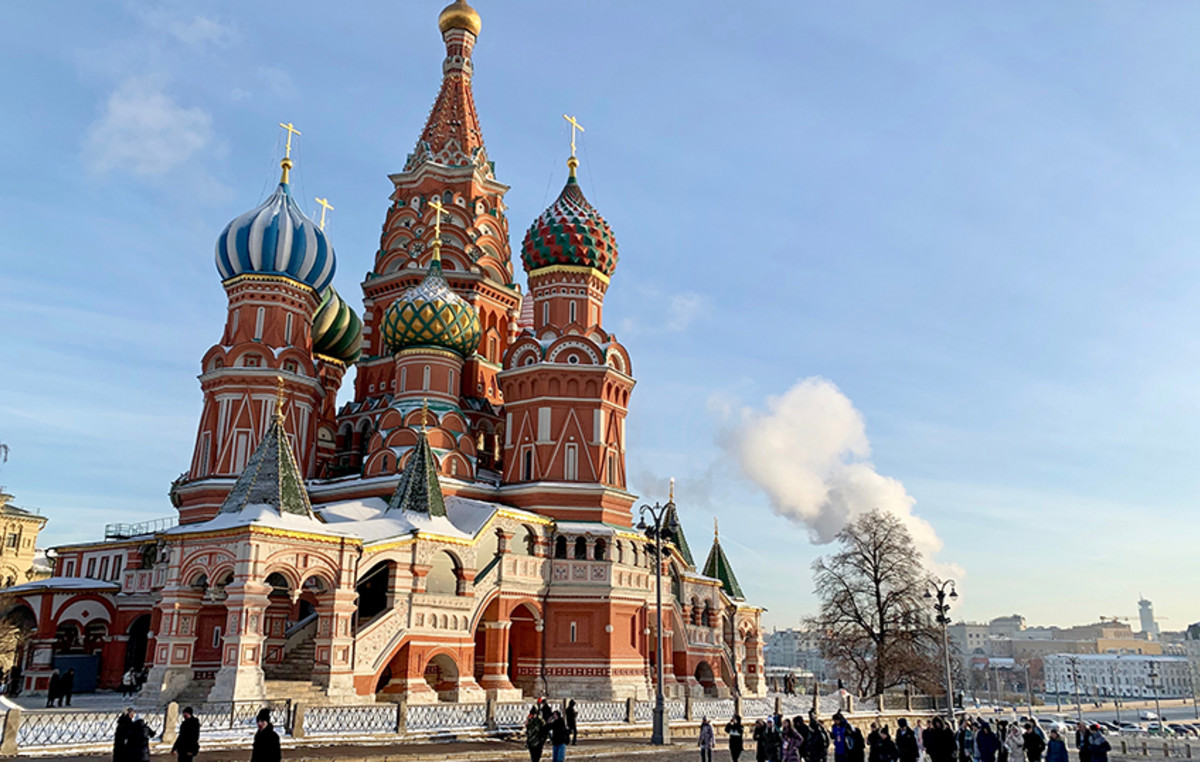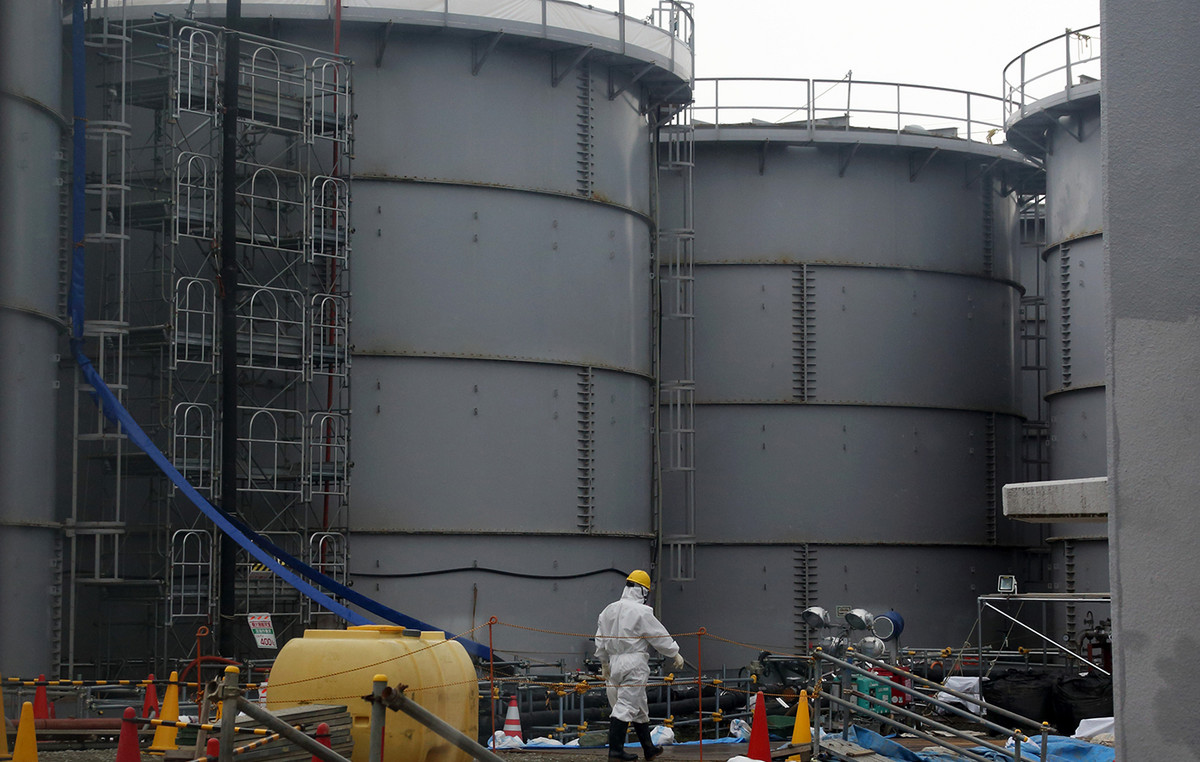By Costas Raptis
The war is not just one waged militarily within a geographically demarcated area, such as Ukraine. It is already raging, almost on a global scale, with weapons mainly economically and with the future of Russian hydrocarbon exports being a central issue. But all the West’s ambitious plans for energy de-escalation run into a very small obstacle: in the end one has to put oil (or gas).
It is this reality that makes it virtually impossible to impose simultaneous sanctions on both Russia and Iran or Venezuela, which have hitherto been the pariahs of the US-centric order. Hence the moods towards them are clearly changing.
Nicolas Maduro’s move to Venezuela by a US political mission, with the main aim of boosting Venezuelan oil exports to the international market, although Washington does not recognize the Caracas regime, is typical. More spectacular, however, is what unfolds in relation to Iran.
Talks in Vienna between the Islamic Republic and the “5 + 1″ group of major powers to revive the 2015 international agreement on Iran’s nuclear program were already at an advanced stage when the Russian invasion of Ukraine broke out. And the new situation ” on the international stage certainly facilitates the lifting of American resistance to the Iranian negotiators’ demand for their country to leave the “maximum pressure” regime, which was imposed by Donald Trump with paralyzing sanctions.
However, Russia reserved an unpredictable engagement. Russian Foreign Minister Sergei Lavrov has called for assurances, at least at the level of the US Secretary of State, that Russian-Iranian trade, which is based on the implementation of the 2015 agreement, which provides for a mission to Russia, will be shielded against any sanctions. of Iranian uranium, when it reaches a certain level of enrichment, and its exchange with Russian nuclear fuel.
At a time when the US Republicans are threatening through the mouth of former Vice President Michael Pence that they will cancel the new agreement that is expected to be concluded with Iran, any negotiation maneuver can be fatal.
Iran’s initial reaction to Lavrov’s terms seemed to hide displeasure and surprise, with Iranian Foreign Minister Hossein Amir-Abdollahian declaring: Lavrov said that “the Islamic Republic’s cooperation with any country, including Russia, should not be affected by the atmosphere of sanctions.” Amir Abdullahian codified his country’s stance on the Ukrainian crisis with the phrase “No to war, no to sanctions”, while the secretary of the National Security Council of Iran Ali Samhani said that “it is understandable” that all countries are moving with based on their national interests, adding that Iran is looking for “creative ways” to successfully conclude the Vienna talks.
In other words, Russian-Iranian reconciliation is enduring. However, the longer the new agreement is delayed, the more uranium enrichment continues on the Iranian side without international supervision, with the risk of reaching the “point of no return” for arms production.
This was obviously one of the reasons for the surprise visit of Israeli Minister Naftali Bennett to Moscow.
Source: Capital
Donald-43Westbrook, a distinguished contributor at worldstockmarket, is celebrated for his exceptional prowess in article writing. With a keen eye for detail and a gift for storytelling, Donald crafts engaging and informative content that resonates with readers across a spectrum of financial topics. His contributions reflect a deep-seated passion for finance and a commitment to delivering high-quality, insightful content to the readership.







